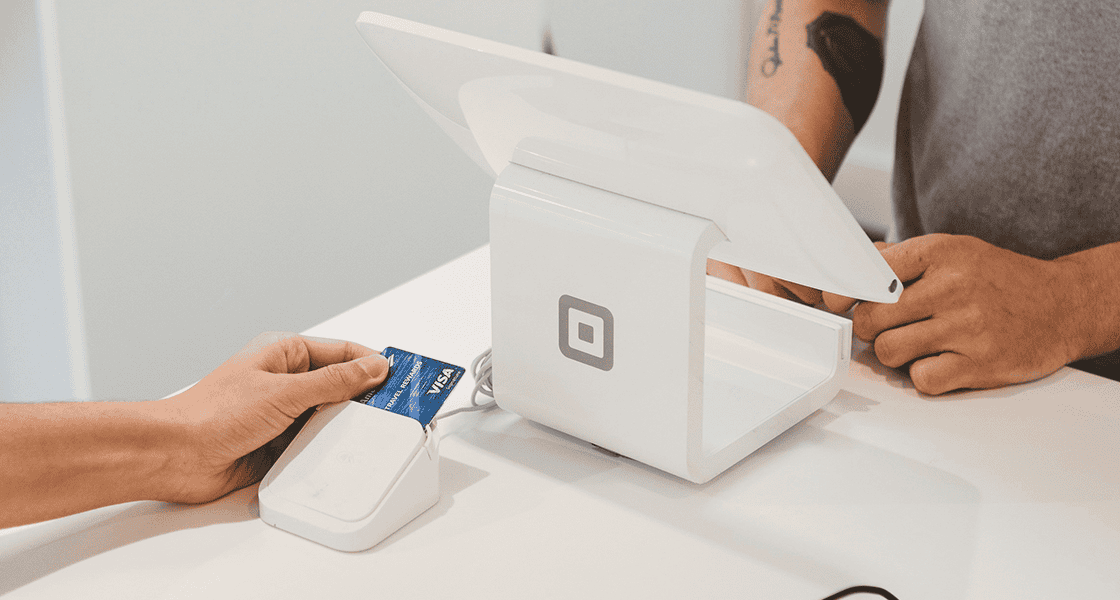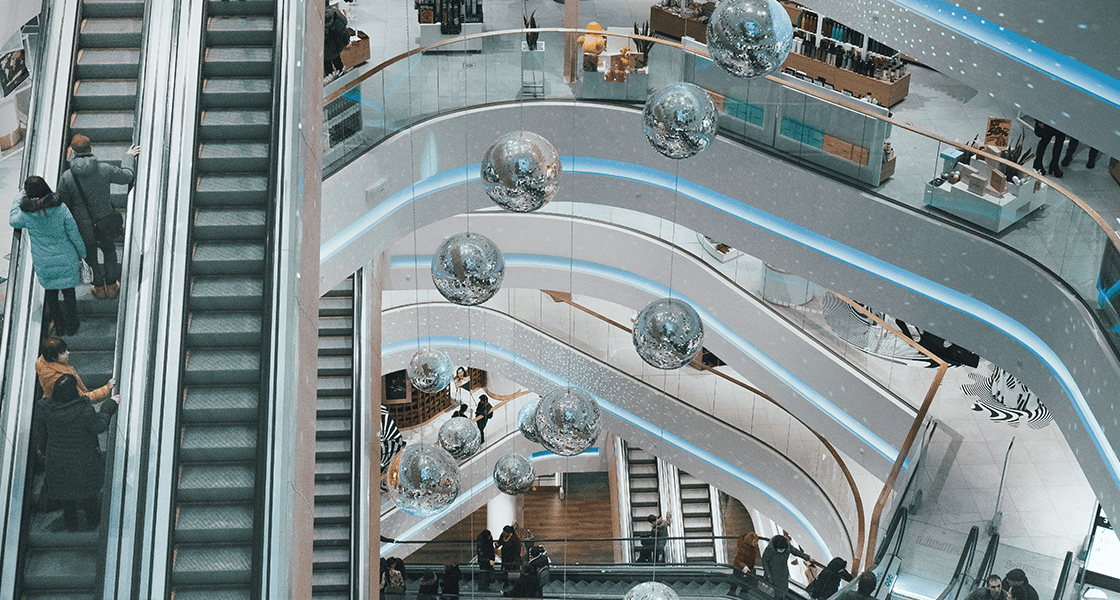Retail & Distribution
Clienteling & CRM: Key factors for Luxury Success
28 March 2016
Luxury consumers have increasingly high expectations of what their experience with your brand should be like. Whilst previously the quality and lure of your products alone could tempt buyers, today’s customers expect more. Developing an emotional attachment between your brand and your customer is vital to the survival and growth of the luxury retailer, and is one way to retain and cultivate brand loyalty. To do this, it’s important to ensure that your prestigious clientele have a personalized and memorable shopping experience across all touch points.
Many luxury retailers have struggled to integrate their various distribution channels to offer a holistic experience that’s unique to them. Attracting new clients, retaining loyal ones and continuously delivering a service which exceeds their ever-growing expectations can be a challenge. Clienteling takes the retailer/customer relationship to a whole new level. By keeping a carefully maintained history of purchases, preferences, likes and dislikes, you are able to develop accurate and detailed insight to deliver a personalized service which is synonymous with flawless customer service, customer retention, and a unified and memorable brand experience.
How can Clienteling Work for You?
It takes tact, attention to detail and an understanding of your clientele to make clienteling work for you. Sophisticated Customer Relationship Management (CRM) is vital to the prosperity and continued growth of luxury retailers. Luxury retailing isn’t about high volumes of customers. Instead, it’s about affluent customers who spend a lot of money, and will return to purchase more from you if they are treated well. They need to be given a memorable experience; a reason to go back to you rather than a competitor. So how can you guarantee their loyalty?
Building Relationships and Increasing Sales
Creating that personal relationship between your sales associates and your customers isn’t just for show. It’s been found that “data collection rates can triple and retention double, especially for the top 20% of customers who drive 70% of sales*”. With this in mind, can you really afford to miss out on the opportunities available to you as a result of clienteling? In order to drive sales through relationships with your customers you first of all need to be able to deliver a client-centric experience which makes each individual feel valued. To do this, a clienteling program which integrates a CRM system to collect and analyze information on individual customers is a necessity. The data which is gathered is then used to a build a 360˚ insight about that particular customer, allowing you to deliver a personalized service through specifically tailored interactions online, via mobile, and in-store.
The information gathered also helps to guide the sales associates and their interactions with the consumer. They can quickly and easily identify shopping behaviors, purchasing patterns, and even interests to communications with the customer. For example, if you were to receive an item that was out of stock previously, you could search your database and find out who had expressed interest in that item during the time it was out of stock. You could then call those customers to let them know about their availability before anyone else. This is a prime example of a client-centric experience that makes your customer feel valued.
Mobile Matters
One of the most popular ways of driving shopper personalization and clienteling within the luxury industry is via mobile. Fortunately luxury retailers often have the budget to purchase tablets and other mobiles devices to make the in-store customer experience both memorable and profitable. Mobile devices are a quick and easy way to gather customer data, and equip sales associates with real-time information in order to deliver a personalized brand experience. At your fingertips you have the customers previous purchase history, profile notes and preferences which allow you to tailor your recommendations to the individual.
In addition to this, the ability to cross-sell and up-sell is greatly increased. The range of products available on the tablet would typically represent a major extension of the products available in-store, enabling customers to make purchases on the tablet which can be delivered to the store, or the customers home or work address. These interactions are forecast to help drive 40% of the luxury market growth by 2020**
Careful Capturing of Personal Data
Whilst it’s clear that capturing customer data can help to aid both growth and retention, the method of collecting customer information should be carefully considered and managed. It is vital that your customer’s data is collected in a sensitive manner, especially as many luxury and premium brand customers are not keen to divulge their personal details. Great care must be taken to ensure that the process is unobtrusive and the ability to hide certain fields of customer information, preventing associates from extracting certain details, is key. In addition to this retailers have a responsibility to ask if their customers are willing to be contacted.
Delivering Global Consistency
For global players, care must be taken with market differences over tax and confidentiality. For example, in China, customer information cannot be shared internationally, but sharing this information domestically between stores within China is perfectly acceptable. Delivering consistency across multiple stores is vital for the development of these important relationships. Each customer should receive the same level of service and attention to detail that they do in their local store one week, and Paris or Moscow the next.
The traditional ways of luxury retailing can no longer guarantee success. The marketplace is tougher and more competitive than ever and retaining customers has become a quest rather than a given. In order to succeed, retailers need to deliver a client-centric approach which puts the consumer at the center of your brand by collecting data effectively.
When used correctly, the gathered information can help to develop loyalty and drive sales both in store and online, and put you in the forefront of your customers mind.
*Source: Luxury Institute LLC, 2013
**Source: Extant BNP Paribas


